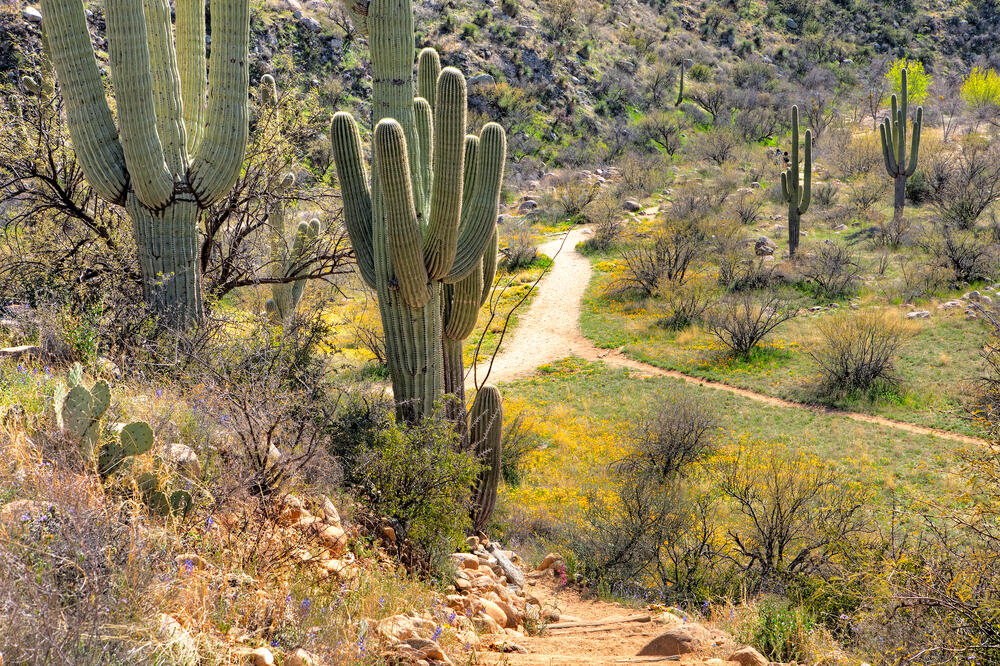A new research from the University of British Columbia suggests evolution is a driving mechanism behind plant migration, and that scientists may be underestimating how quickly species can move.
The study, which was published 2 days ago (on the 28th of July), in the journal Science, builds on previous research that has shown some plants and animals are moving farther north or to higher altitudes in an effort to escape rising global average temperatures due to climate change.
Jennifer Williams, the study’s lead author and an assistant professor in UBC’s department of geography said: “We know from previous research that evolution might play a role in how fast a species can move across a region or continent,” adding “But what our study suggests is that evolution is not only a factor in movement, but that it can, in fact, accelerate the spread, and can do so predictably.”
Scientists found that, after six generations, evolving plant populations dispersed seeds and migrated 11 percent farther than non-evolving populations in landscapes with favorable conditions. Meanwhile, in landscapes where conditions were more challenging for the plants to disperse seeds, the evolving plant populations spread 200 per cent farther.
The findings suggest that evolution accelerates the speed of migration, said Williams.
However, more research is needed to determine why the researchers saw a larger effect of evolution under the more challenging conditions, which in this case increased the speed of movement.
The researcher “What our results suggest is that, with evolution, the species can move faster and faster because the traits that make them better at moving are becoming more common at the front of the invasion. In the case of our plants, in the evolving populations, their seeds can disperse a bit further.”
Williams said the findings underscore the importance for scientists to account for evolutionary change when predicting how quickly native species will be able to move as the Earth’s climate continues to warm.











